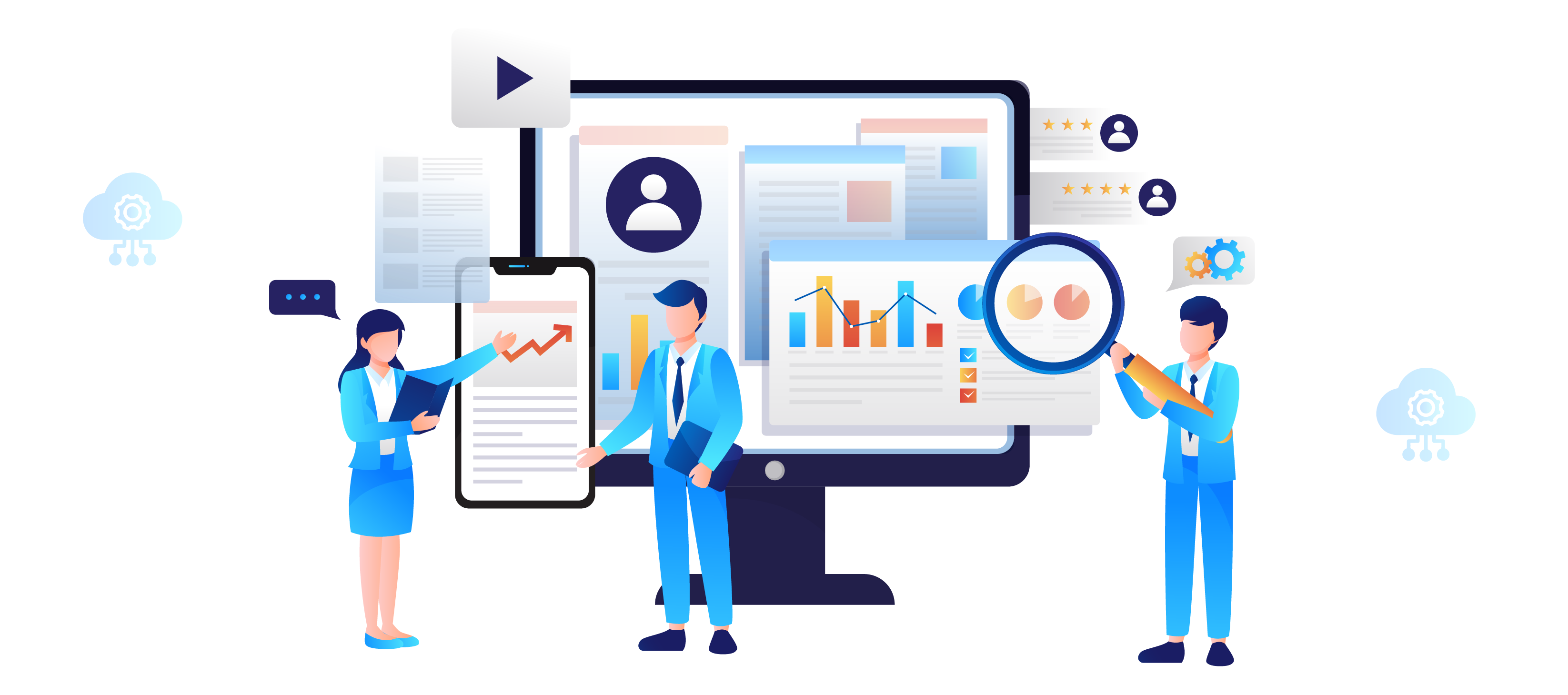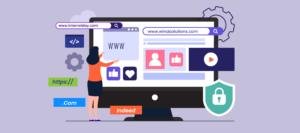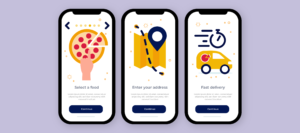The Software as a Service (SaaS) industry has been booming recently, with businesses increasingly relying on cloud-based solutions for their software needs. According to Statista, the Software as a Service (SaaS) industry is expected to be valued at around 197 billion USD in 2023, rising to 232 billion USD by 2024. With this growth, there has been a surge in the number of SaaS development platforms that offer solutions to businesses looking to build and launch their own SaaS applications.
In 2023, the SaaS development platform is set to evolve further, revolutionizing how we do business. With the advent of new technologies like AI and IoT, SaaS platforms are becoming more powerful and efficient, enabling businesses to manage their operations easily.
Moreover, the SaaS development platform empowers businesses of all sizes to access innovative software solutions without hefty investments in IT infrastructure. It allows businesses to scale up or down as needed, with greater agility and flexibility than traditional Software.
This blog will delve deeper into the world of SaaS development platforms, exploring the latest trends and advancements in the field. We will discuss how SaaS platforms can help businesses achieve their goals, streamline operations, and remain competitive in a rapidly evolving marketplace. So, buckle up and get ready to discover the wonders of SaaS development platforms in 2023!
25+ Top SaaS Development Platforms in 2023
| Platform | Features | Price |
|
Salesforce |
CRM, Marketing, Sales, Service | Custom pricing |
|
Microsoft Azure |
Cloud computing, Analytics, Networking | Pay-as-you-go |
|
AWS |
Cloud computing, Database, Storage, Security | Pay-as-you-go |
|
Google Cloud Platform |
Cloud computing, AI, Networking, Storage | Pay-as-you-go |
|
IBM Cloud |
Cloud computing, AI, Blockchain, IoT | Pay-as-you-go |
|
Oracle Cloud |
Cloud computing, Database, DevOps | Pay-as-you-go |
|
Heroku |
App deployment, Add-ons, Continuous Delivery | Free – $500/mo |
|
Firebase |
Real-time database, Analytics, Authentication | Free – $25/mo |
|
Zoho Creator |
Low-code app development, Workflow automation | $10 – $35/mo |
|
Wix |
Website builder, Hosting, Domains | Free – $39/mo |
|
DigitalOcean App Platform |
App deployment, Scaling, Metrics | Pay-as-you-go |
|
Render |
App deployment, Scaling, Metrics | Pay-as-you-go |
|
Linode |
Cloud computing, Storage, Networking | Pay-as-you-go |
|
Dokku |
Docker-powered Platform as a Service | Free |
|
Cloud66 |
App deployment, Management, Scaling | $49 – $299/mo |
|
Scalingo |
App deployment, Scaling, Management | $0 – $999/mo |
|
Platform.sh |
App deployment, Git-based workflows | $50 – $1000/mo |
|
Jelastic |
Cloud hosting, Containers, Scaling | Pay-as-you-go |
|
Buddy |
CI/CD, Deployments, Automation | $75 – $500/mo |
|
Pulumi |
Infrastructure as code, Automation, Collaboration | Free – $100/mo |
|
Twilio Flex |
Programmable contact center, Voice, Messaging | Pay-as-you-go |
|
Stripe |
Payment processing, Fraud prevention, Billing | Pay-as-you-go |
|
Airtable |
Database, Collaboration, Project management | Free – $20/mo |
|
Auth0 |
Authentication and authorization, Identity management | Free – $13,600/yr |
|
SendGrid |
Email API, Deliverability, Analytics | Free – $14.95/mo |
|
Netlify |
Web hosting, Continuous deployment, Serverless | Free – $99/mo |
Top SaaS Development Platforms in 2023: An Overview
However, based on current trends, several SaaS development platforms will likely remain popular in 2023. Here is an overview of some of the top SaaS development platforms that are currently available:
1. Salesforce:
Salesforce is a cloud-based CRM platform that provides a wide range of tools for businesses to manage customer relationships and automate various business processes. The platform includes sales management, marketing automation, customer service, and analytics features.
2. Microsoft Azure:
Microsoft Azure is a cloud computing and SaaS development platform that provides tools and services to help businesses build, deploy, and manage custom software applications. With Azure, developers can create applications using popular programming languages and frameworks and integrate them with various third-party services and tools.
3. AWS (Amazon Web Services):
AWS is a powerful and flexible SaaS development platform that offers a wide range of features and tools to help businesses build and manage custom software solutions. In addition to its core offerings, AWS provides a wide range of additional services, including machine learning, IoT, and serverless computing. It also provides a range of developer tools, including AWS CodeCommit, CodePipeline, and CodeBuild, which make it easy to automate the software development process and build high-quality applications quickly.
4. Google Cloud Platform:
Google Cloud Platform (GCP) is a popular SaaS development platform that offers a wide range of cloud computing services for building, deploying, and managing applications and services. It provides a highly scalable and flexible infrastructure to host applications, store data, and run powerful analytics.
5. IBM Cloud:
IBM Cloud is a powerful SaaS development platform that provides developers with the tools, services, and infrastructure needed to build and deploy robust, enterprise-level applications quickly and efficiently. In addition to providing application development tools, IBM Cloud offers a suite of managed services for developers, including data and analytics, database, and security services.
6. Oracle Cloud:
Oracle Cloud is a cloud-based SaaS development platform that provides a wide range of tools and services for building and deploying custom software applications. With Oracle Cloud, developers can access a comprehensive suite of tools for application development, including development environments, database services, analytics, and DevOps tools.
7. Heroku:
Heroku is an easy-to-use and scalable PaaS solution that allows developers to focus on building their web applications while Heroku handles the infrastructure and deployment process. With its simple and flexible pricing model, Heroku is a popular choice for startups and small businesses looking to deploy their web applications quickly.
8. Firebase:
Firebase is a popular SaaS development platform owned by Google that provides developers with various backend services to help them build and manage mobile and web applications. Moreover, it includes a real-time database, cloud storage, authentication, hosting, cloud functions, machine learning, and analytics. It also offers a range of app development and testing tools, as well as integrations with popular development frameworks like React and Angular.
9. Zoho Creator:
Zoho Creator is a cloud-based, low-code application development platform that allows users to create custom applications without extensive programming knowledge. The platform offers a drag-and-drop interface for building and designing forms, workflows, reports, and dashboards.
10. Wix:
Wix is a user-friendly and affordable option for businesses and individuals looking to create and manage their website or web application, with a range of features and tools to help streamline the development process. In addition to its website builder, Wix also offers a range of other features and tools, including hosting, domain registration, e-commerce capabilities, and more.
11. DigitalOcean App Platform:
DigitalOcean App Platform is a fully-managed platform-as-a-service (PaaS) that enables developers to build, deploy, and scale applications quickly and easily. It supports multiple programming languages and frameworks and offers built-in CI/CD, automatic SSL, and vertical and horizontal scaling.
12. Render:
Render is a cloud platform that provides a simple, cost-effective way to deploy and manage web applications and APIs. It supports various programming languages and frameworks and offers automatic SSL, built-in CDN, and automated backups. With Render, developers can deploy static websites, dynamic web apps, and APIs with just a few clicks without a complicated infrastructure setup.
13. Linode:
Linode is a cloud hosting provider that offers various services, including virtual private servers (VPS), Kubernetes, and object storage. It provides an easy-to-use interface and a powerful API and offers a range of options for customization and scalability. Additionally, Linode offers a pay-as-you-go pricing model, meaning developers only pay for the resources they use.
14. Dokku:
Dokku is a lightweight open-source PaaS that can deploy and manage applications on any cloud provider or server. It supports various programming languages and frameworks and offers built-in Git integration and zero-downtime deployments.
15. Cloud66:
Cloud66 is a SaaS development platform that provides a complete solution for deploying, managing, and scaling web applications in the cloud. With Cloud66, developers can easily deploy their applications to their preferred cloud infrastructure, including AWS, Google Cloud Platform, DigitalOcean, and others, without worrying about the underlying infrastructure or server configuration.
16. Scalingo:
Scalingo is a SaaS that enables developers to build and deploy web applications and APIs in minutes. It supports multiple programming languages and frameworks and offers automatic scaling, backups, and monitoring.
17. Platform.sh:
Platform.sh is a SaaS that enables developers to build and deploy web applications and APIs in a fully managed environment. It supports multiple programming languages and frameworks and offers automatic scaling, CI/CD, and Git integration. One of the key benefits of Scalingo is its scalability and flexibility. The platform automatically scales up or down resources based on the application’s usage, ensuring developers only pay for their needs.
18. Jelastic:
Jelastic is a cloud platform that enables developers to deploy, manage, and scale applications on any cloud provider or server. It is a flexible, scalable, and cost-effective solution for developers looking to build and deploy their applications in the cloud, regardless of the programming language or technology stack they’re using.
19. Buddy:
Buddy is a DevOps automation platform that enables developers to automate their development and deployment workflows. It supports multiple programming languages and frameworks and offers built-in CI/CD, testing, and deployment to multiple environments.
20. Pulumi:
Pulumi is a modern SaaS development platform that provides an innovative approach to infrastructure as code (IaC) and cloud-native application development. It enables developers to create, deploy, and manage cloud infrastructure and applications using their favorite programming languages and frameworks, such as TypeScript, Python, and Go.
21. Twilio Flex:
Twilio Flex is a cloud-based contact center platform that enables companies to build custom omnichannel customer experiences. The platform offers voice, video, and messaging communications tools, AI-powered chatbots, and integrations with other SaaS tools.
22. Stripe:
Stripe is a reliable and powerful payment processing solution that provides businesses with the tools to manage their financial transactions easily and securely. Additionally, Stripe offers pre-built integrations with popular e-commerce platforms, such as Shopify, WooCommerce, and Magento, making it easy for merchants to start accepting payments quickly and easily.
23. Airtable:
Airtable is a versatile SaaS development platform that can be used for various applications, including project management, customer relationship management, inventory management, and more. Its flexibility and ease of use make it an ideal choice for businesses and individuals looking to manage and organize their data more effectively.
24. Auth0:
Auth0 is an identity and access management platform that provides secure authentication and authorization for web and mobile applications. The platform offers a range of authentication methods, including social logins and multi-factor authentication, as well as integrations with popular SaaS tools.
25. SendGrid:
SendGrid is a comprehensive email delivery platform that simplifies sending transactional and marketing emails. It provides developers with the tools they need to build, test, and deploy high-quality emails and analytics to measure and improve email performance.
26. Netlify:
Netlify is a web development platform that enables developers to build and deploy web projects quickly and easily. The platform offers a range of features, including continuous deployment, version control, serverless functions, and integrations with popular SaaS tools. Overall, Netlify provides developers with a powerful and flexible platform for building and deploying modern web applications.
What is SaaS and Why is it Important?
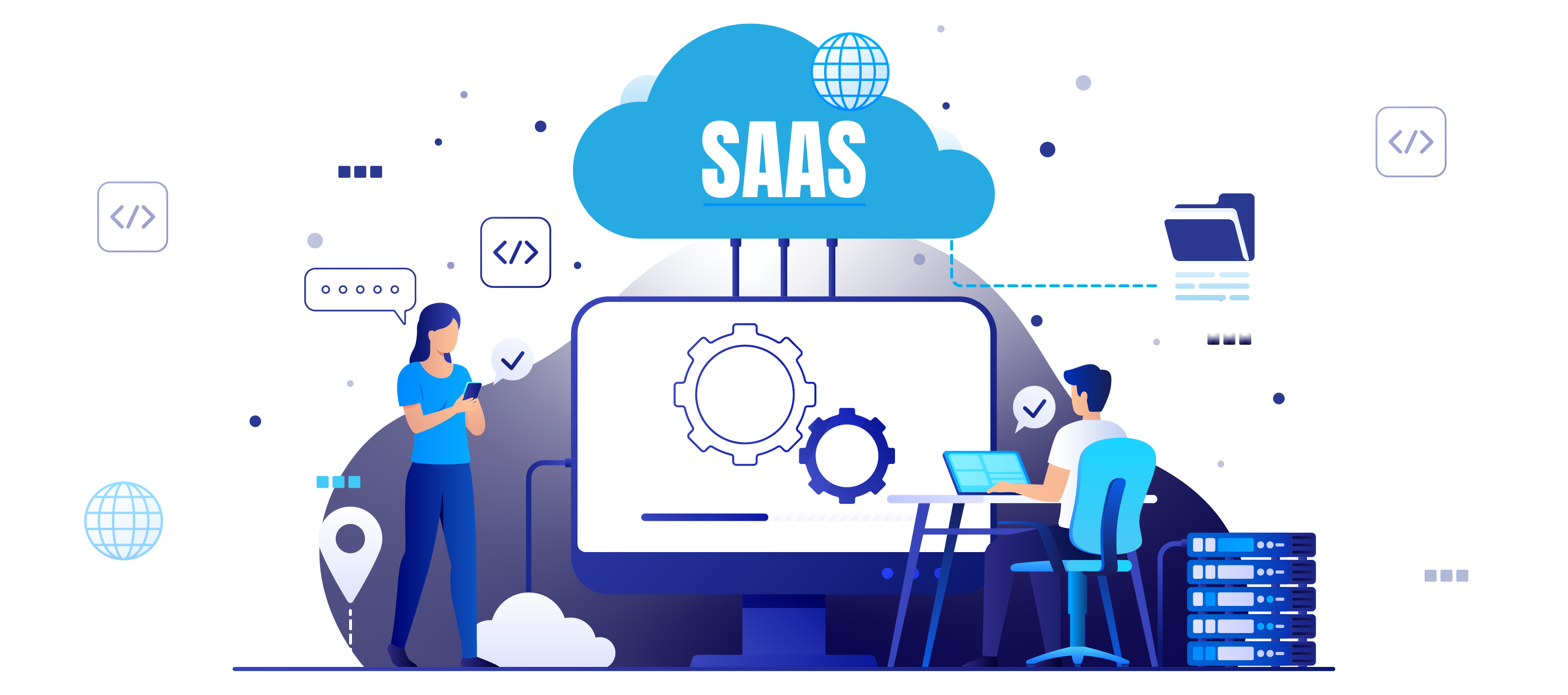
SaaS stands for Software as a Service, and it refers to a software delivery model where a software application is hosted by a third-party provider and accessed by customers over the Internet. In other words, instead of purchasing and installing Software on their computers or servers, users access the Software through a web browser or app, usually on a subscription basis.
However, SaaS has become increasingly popular in recent years because it offers several benefits to software providers and users. It can provide a more predictable revenue stream for software providers, as customers typically pay a recurring subscription fee. In addition, it can also make software development and maintenance more efficient, as updates and bug fixes can be pushed out to all users simultaneously without requiring individual installations.
SaaS can offer users greater flexibility and scalability, as they can easily add or remove users and adjust their subscription level as needed. It can also reduce upfront costs, as users don’t need to purchase and maintain their hardware and software infrastructure.
Why is it Important?
Software as a Service (SaaS) is an important model of delivering software applications to users over the Internet. There are several reasons why SaaS is important:
- Cost-effective – SaaS eliminates the need for businesses to invest in expensive hardware and software licenses. Instead, they can access software applications online for a monthly or annual subscription fee, which can be more cost-effective than purchasing and maintaining on-premise Software.
- Flexible – SaaS applications can be accessed from anywhere with an internet connection, meaning employees can work from any location and device. This flexibility makes it easier for businesses to adapt to changing market conditions and customer needs.
- Scalable – SaaS allows businesses to easily scale up or down their software usage based on their needs. This means they can quickly add or remove users, features, and functionality as their business grows or changes.
- Easy to Use – SaaS applications typically have user-friendly interfaces that are easy to use and require minimal training. This means employees can quickly start using new software applications without extensive training.
- Automatic Updates – SaaS applications are typically updated automatically by the provider, meaning businesses don’t need to worry about updating their Software. This ensures that they always have access to the latest features and functionality.
Criteria for Selecting a SaaS Development Platform
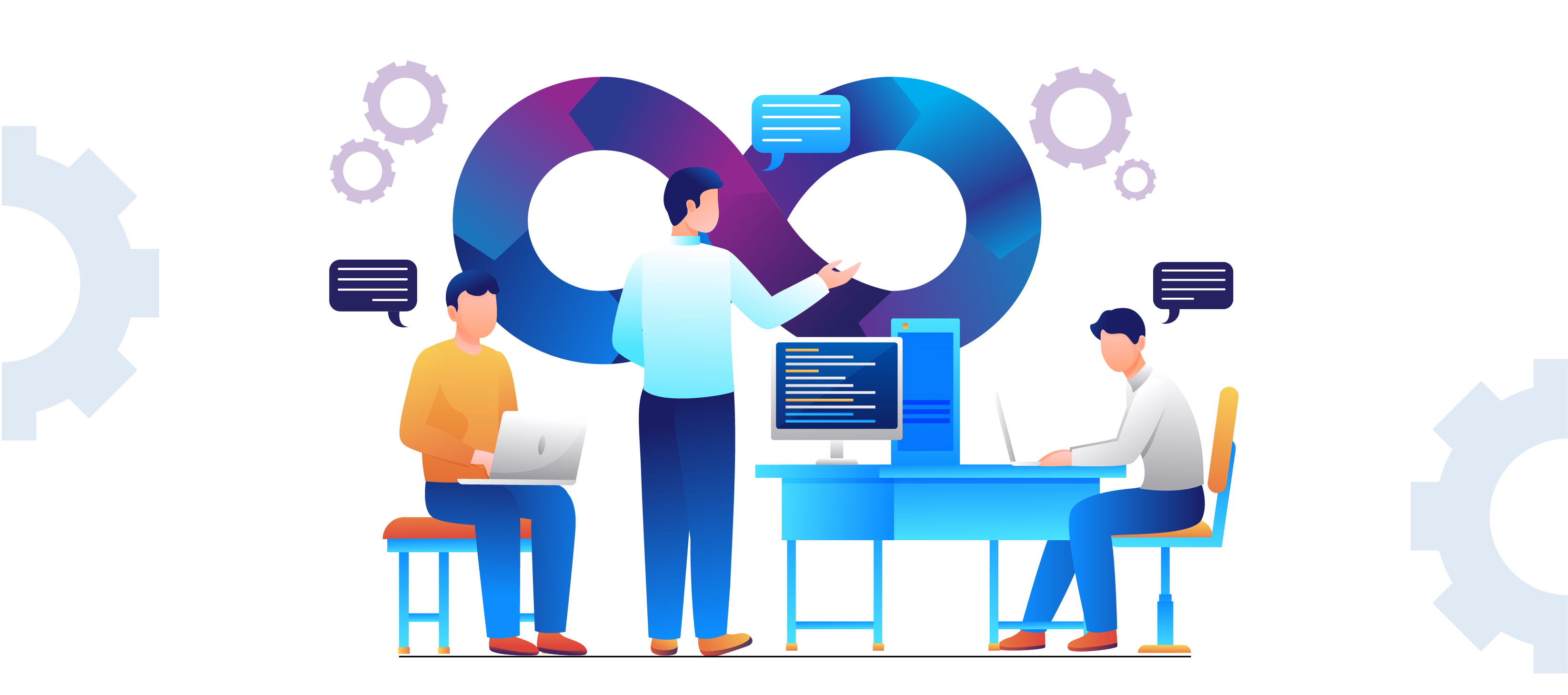
Selecting the right SaaS development platform is an important decision that can impact the success of your SaaS product. Here are some criteria to consider when selecting a SaaS development platform:
- Features – The platform should have all the essential features required for your project. It should support the programming languages, tools, and frameworks you need and provide all the necessary development, testing, and deployment tools.
- Scalability – The platform should be able to scale with your business as it grows. It should handle increasing traffic, users, and data volume without sacrificing performance or reliability.
- Security – Security should be a top priority when selecting a SaaS development platform. The platform should provide robust security features such as encryption, access control, and data backups and comply with relevant security and privacy regulations.
- Integration – The platform should be able to integrate with other software applications and services your business uses. It should have APIs or connectors allowing easy integration with your existing systems, such as CRM, marketing automation, and payment processing software.
- Cost – The cost of the platform should be reasonable and within your budget. It would help to consider the pricing model, such as subscription-based or pay-as-you-go, and any additional costs, such as customization or support.
- Support – The platform should have good customer support and documentation. It should offer various support channels such as phone, email, or chat and provide comprehensive documentation, tutorials, and forums to help you solve any issues.
- Reputation – You should consider the platform’s reputation in the market and its track record of successful implementations. You can look for reviews, ratings, and case studies to evaluate the platform’s reliability and performance.
Overall, the right SaaS development platform should offer the features and flexibility you need to build and scale your product while providing robust security, integration, and support.
Pricing Strategies for SaaS Development Platforms
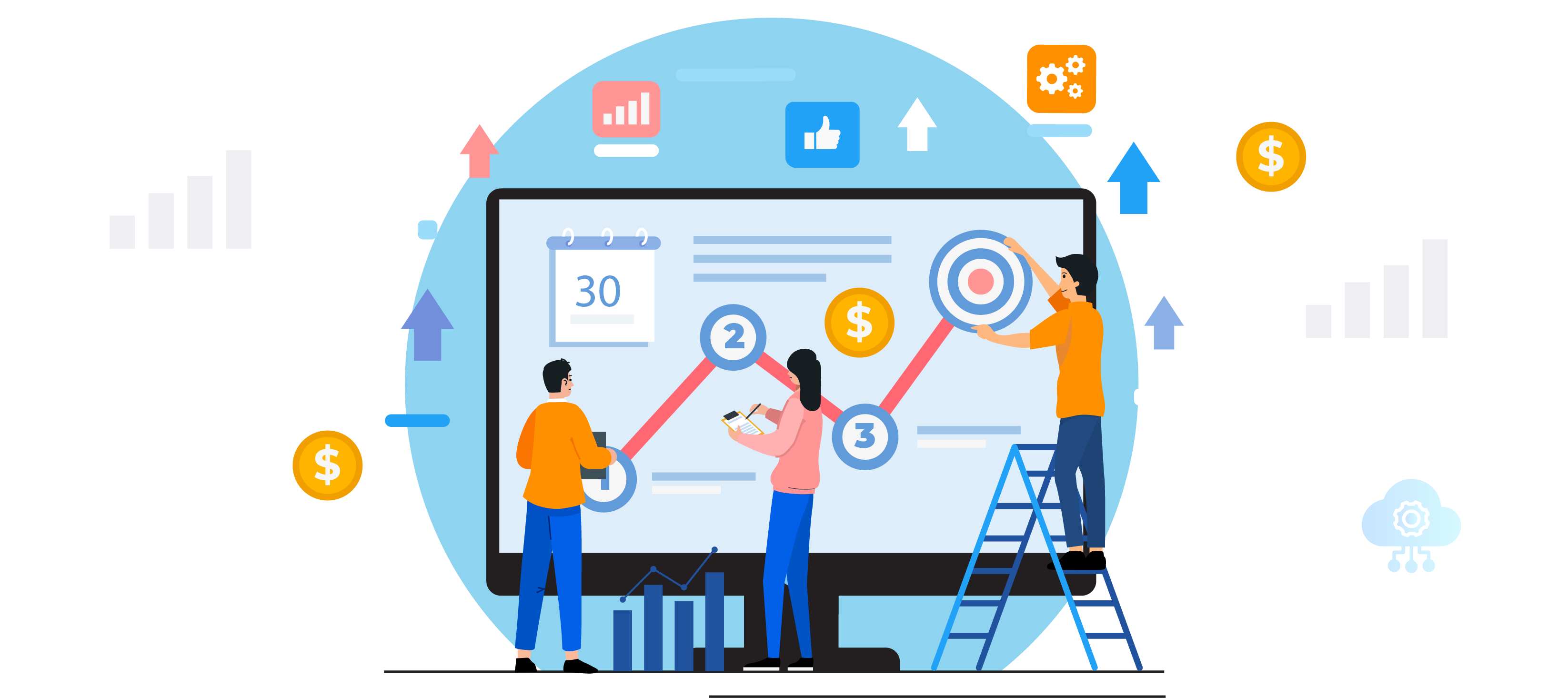
SaaS development platforms typically offer a variety of pricing strategies to cater to different types of users and business needs. Here are some common pricing strategies used by SaaS development platforms:
- Freemium – Many SaaS development platforms offer a freemium pricing model, where users can access a limited set of features for free. This pricing strategy attracts a larger user base and encourages users to upgrade to a paid plan for additional features and functionality.
- Subscription – Subscription pricing is a common pricing model for SaaS development platforms, where users pay a recurring fee to access the platform. Subscription pricing typically includes different tiers or plans, each with varying levels of features and functionality.
- Pay-as-you-go – Some SaaS development platforms offer a pay-as-you-go pricing model, where users pay based on their platform usage. This pricing model is often used for platforms that provide specific services, such as cloud computing or data storage.
- Tiered pricing – Tiered pricing is a pricing strategy used by many SaaS development platforms, where users can choose from different pricing tiers based on their needs. Higher-priced tiers typically offer additional features and functionality.
- Custom pricing – Some SaaS development platforms offer custom pricing for enterprise customers or users with unique business needs. This pricing model allows for greater flexibility in pricing and can be tailored to the customer’s specific needs.
Future of SaaS Development Platforms
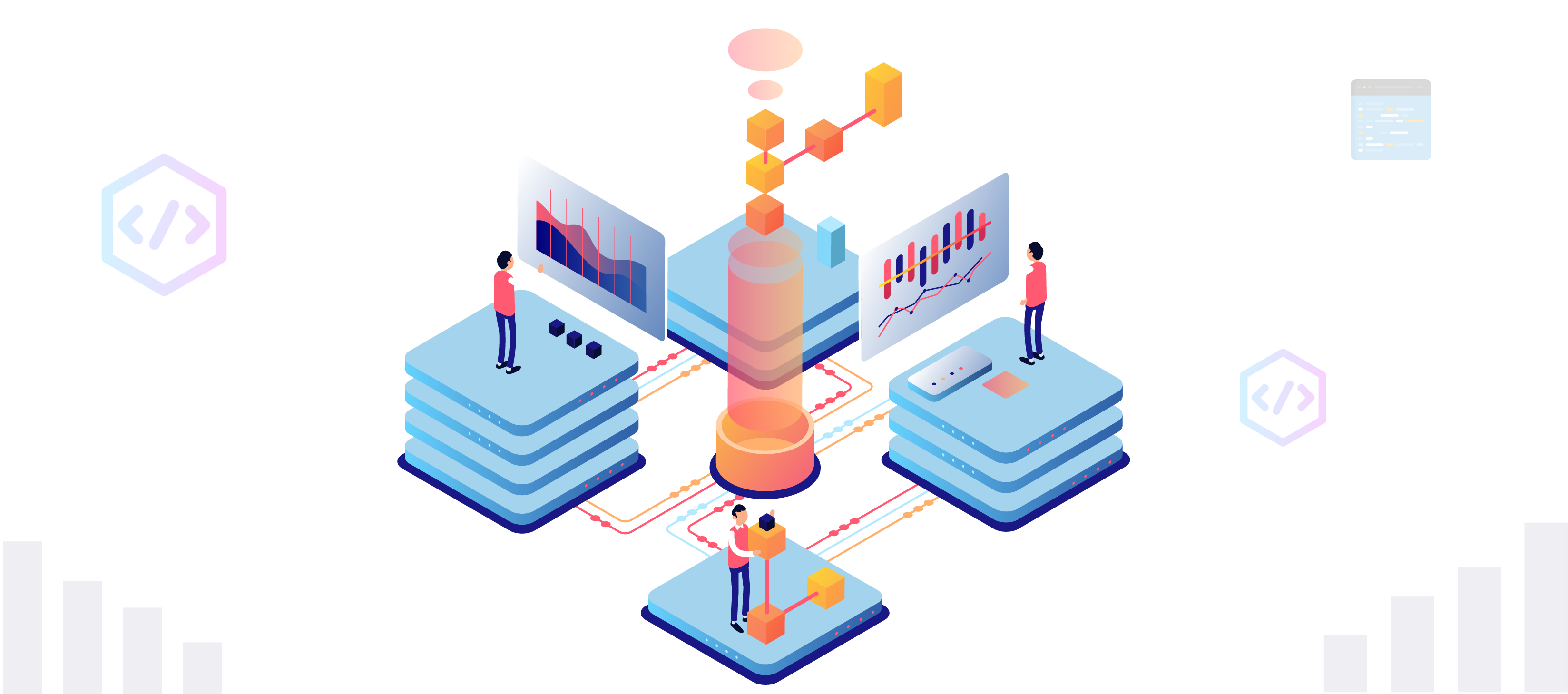
The future of SaaS development platforms is promising as they continue to grow in popularity and become an essential part of the technology landscape. Here are some trends that will shape the future of SaaS development platforms:
- Integration with AI and machine learning – SaaS development platforms will increasingly incorporate AI and machine learning to automate tasks, improve productivity, and enhance user experience. For example, AI-powered chatbots and virtual assistants can help automate customer support and streamline workflows.
- Low-code and no-code platforms – As demand for custom software solutions grows, SaaS development platforms will increasingly offer low-code and no-code development tools. These tools allow users to build applications without extensive coding knowledge, reducing the time and cost required for development.
- Focus on security – As data breaches and cyber attacks continue to make headlines, SaaS development platforms will emphasize security more. Platform providers will invest in robust security measures, such as multi-factor authentication and encryption, to protect user data and build trust.
- Increased use of open-source Software – Open-source Software is becoming increasingly popular in the software development community. SaaS development platforms will leverage open-source Software to offer more flexible, customizable, and cost-effective solutions.
- Continued growth in cloud computing – Cloud computing will grow in popularity as more businesses recognize the benefits of cloud-based solutions, such as scalability, flexibility, and cost savings. SaaS development platforms will continue to leverage cloud computing to offer more powerful and reliable solutions.
Summary
In conclusion, the SaaS development platform market is rapidly evolving, and many options are available for businesses of all sizes and industries. In this blog, we have highlighted 25+ top SaaS development platforms that offer a wide range of features and capabilities to help businesses build and deploy successful software applications. Businesses can access the latest technologies, reduce costs, improve productivity, and deliver better user experiences by choosing the right platform.
FAQs
Question 1: What are some of the top SaaS development platforms in 2023?
Some of the top SaaS development platforms in 2023 include Twilio Flex, Stripe, Airtable, Auth0, SendGrid, Netlify, Salesforce, Microsoft Azure, AWS, Google Cloud Platform, IBM Cloud, Oracle Cloud, Heroku, Firebase, Zoho Creator, Wix, DigitalOcean App Platform, Render, Linode, Dokku, Cloud66, Scalingo, Platform.sh, Jelastic, and Pulumi.
Question 2: What are some key features of SaaS development platforms?
SaaS development platforms typically offer a variety of features, including code editing, version control, testing, debugging tools, deployment and hosting options, collaboration tools, integrations with other Software, and security and compliance features.
Question 3: How do SaaS development platforms differ from traditional software development?
SaaS development platforms differ from traditional software development because they are cloud-based and provide a platform for building and deploying software applications. SaaS development platforms typically offer pre-built templates, drag-and-drop interfaces, and other tools that allow users to develop Software without extensive coding knowledge.
Question 4: What pricing models do SaaS development platforms typically use?
SaaS development platforms typically use a variety of pricing models, including freemium, subscription-based, pay-as-you-go, tiered pricing, and custom pricing. The pricing model will depend on the target market and the features offered.
Question 5: How do SaaS development platforms integrate with other Software?
SaaS development platforms typically offer integrations with other Software through APIs or pre-built connectors. This allows users to seamlessly integrate their SaaS development platform with other Software and services, such as customer relationship management (CRM) systems, marketing automation tools, and payment processors.
Question 6: What trends will shape the future of SaaS development platforms?
The future of SaaS development platforms will be shaped by trends such as the integration of AI and machine learning, low-code and no-code platforms, increased focus on security, increased use of open-source Software, and continued growth in cloud computing.

